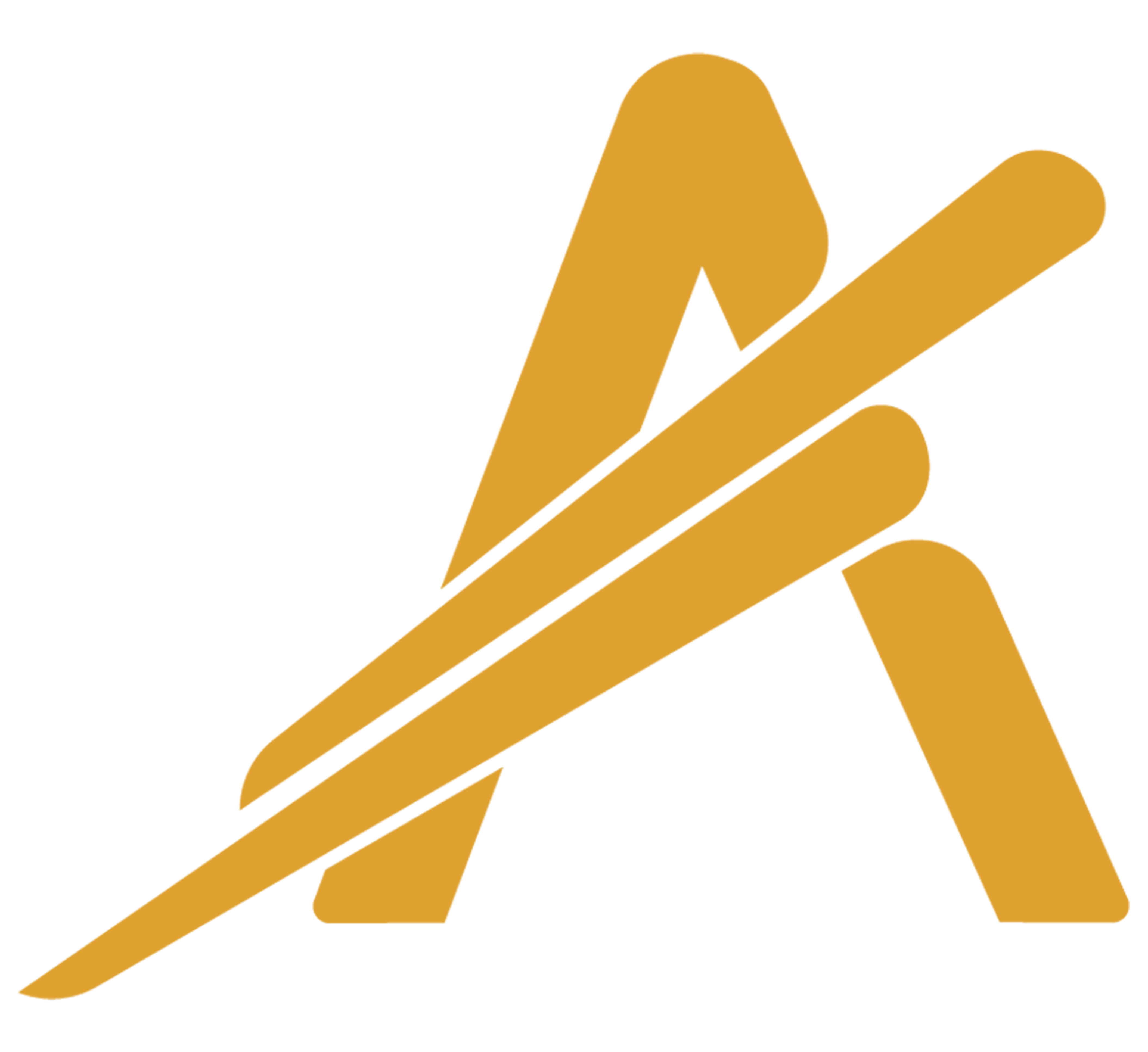Daily focus—the ability to sustain attention without fragmentation—is far more than a fleeting mental state. It’s the cornerstone of productivity, learning, and emotional well-being. At its core, focus is a skill built not in moments of intense concentration, but through countless small, intentional decisions. Each choice to stay present strengthens neural pathways, creating a resilient mental framework that supports sustained effort throughout the day.
Cognitive Foundation: The Science Behind Focus Habits
Neuroscience reveals that consistent attention habits reshape the brain. When we repeatedly choose focus—whether resisting a notification or dedicating time to a task—we reinforce connections in the prefrontal cortex, the region responsible for self-control and attention regulation. Small mental acts accumulate, forming neural pathways that make sustained attention easier over time. This compounding effect means even minor daily choices compound into significant improvements in concentration and mental clarity.
The Power of Micro-Decisions in Focus
Micro-decisions—the fleeting moments when we choose to delay distraction or pause before switching tasks—are pivotal. These moments train disciplined attention by creating intentional pauses. Research shows that brief mental resets reduce cognitive load, freeing working memory for deeper processing. Over time, these micro-choices build momentum, transforming scattered attention into a stable, predictable focus rhythm.
Meet «Название»: The Quiet Architect of Attention Habits
«Название» embodies a modern framework for cultivating attention through simplicity. Unlike rigid productivity systems that demand overwhelming effort, «Название» integrates seamlessly into daily life by emphasizing small, repeatable actions. Its core principle is that sustained focus grows not from grand gestures, but from consistent, manageable habits—such as a two-minute morning intention that sets a clear mental anchor for the day.
Why «Название» Works
Traditional focus methods often fail because they demand excessive willpower or impose strict routines hard to maintain. «Название» bypasses resistance by embedding focus into natural rhythms. By anchoring attention through simple, daily rituals, it aligns with how the brain learns—not through force, but through gentle consistency. This approach transforms focus from a battle into a habit, reinforcing self-efficacy and reducing the mental strain of constant self-monitoring.
Practical Examples of «Название» in Action
Consider a morning ritual: spending just 60 seconds to state a clear intention—such as “Today, I focus on deep work before checking messages”—primes the brain to align actions with priorities. This small act activates goal-directed neural circuits, making distractions more easily recognized and managed.
At task transitions, a three-breathe pause resets mental context, reducing friction and preventing the jarring shift from one activity to another. This micro-reset lowers cognitive load and enhances clarity, allowing smoother flow between responsibilities.
Digital boundaries are another key application. Choosing to silence non-essential notifications every hour isn’t about discipline—it’s about intentionality. By silencing distractions, «Название» protects attention, reinforcing the habit of selective engagement and preserving mental space for meaningful tasks.
- Setting a two-minute morning intention acts as a cognitive anchor.
- Pausing three breaths before switching tasks reduces friction and mental clutter.
- Silencing non-essential notifications reinforces intentional, distraction-free engagement.
Beyond the Obvious: Hidden Benefits of Small Focus Choices
While improved productivity is immediate, the deeper rewards of sustained attention through small choices reveal themselves over time. Consistent focus habits build emotional resilience by fostering a sense of control and accomplishment, reducing stress and anxiety. They also reshape self-perception—shifting identity from someone prone to distraction to someone reliably focused.
Long-term adaptability is another silent strength. «Название» thrives because it evolves with changing demands, allowing focus patterns to adjust without breaking momentum. This flexibility sustains performance across diverse situations, making focus not a fixed trait, but a dynamic capability that grows with experience.
“The smallest habits, when repeated, become the architecture of lasting attention.” — an insight embedded in the practice of «Название
Where to Learn More
For a deeper dive into the science of attention and habit formation, explore Unveiling Patterns: How Spectral Decomposition Shapes Our World, a compelling exploration of hidden structures in complex systems—reminding us that focus, like spectral patterns, reveals order beneath apparent chaos.
| Insight | Relevance |
|---|---|
| Small, consistent mental choices build neural pathways for stronger focus | Explains neuroplasticity behind attention habits |
| Micro-decisions create momentum and compound focus resilience | Shows how tiny acts accumulate into lasting habits |
| Intentional pauses reduce cognitive load and prevent mental fatigue | Supports smoother task transitions |
| Digital boundaries protect attention and reinforce intentional engagement | Highlights modern tools for focus sustainability |
Daily focus is not a rare gift reserved for the disciplined few—it’s a skill cultivated through daily micro-choices. «Название» offers a practical, sustainable framework: start small, stay consistent, and let tiny habits reshape your attention landscape. In doing so, you don’t just improve focus—you transform how you engage with life.


